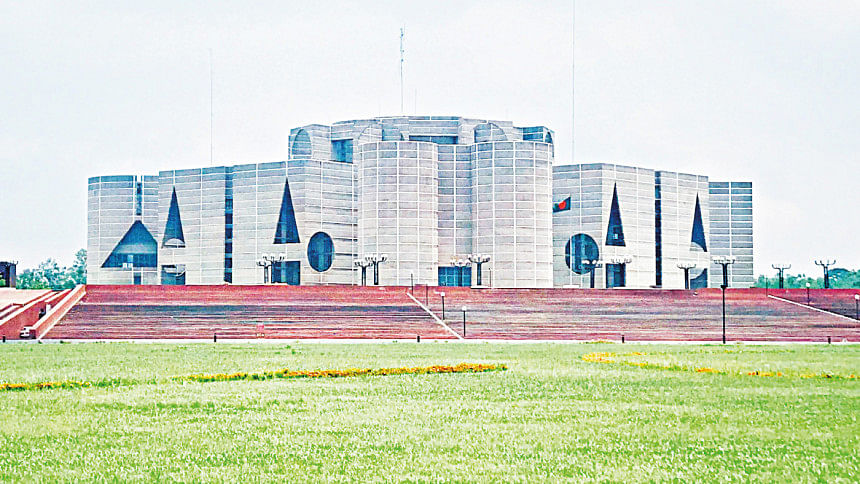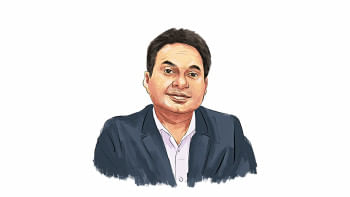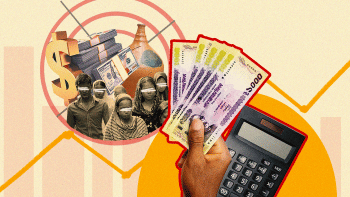Budget expands, goals are never met

The government is expanding the size of the national budget every year. However, it has fallen short of attaining its targets over the years, be that in terms of revenue collection or development expenditure.
Since fiscal year 2008-09, the government has been giving an account of real spending against the proposed budgets.
But none of the proposed budgets have been implemented fully. The average implementation rate is 85 percent thanks to operating expenditure being higher than development spending.
This phenomenon raises questions about the credibility of the fiscal framework as it leads to the inefficient allocation and use of resources, said economists.
"This is a Bangladeshi way of making the budget, which does not necessarily conform to the best practices of the world," said Debapriya Bhattacharya, distinguished fellow of the Centre for Policy Dialogue.
He said the continuous failure to fully implement the proposed budgets raises questions about the credibility of the fiscal targets.
"The first implication of this is the fiscal governance. As a result of setting higher targets, the credibility of the fiscal targets becomes questionable," he said.
"This leads to inefficient allocation and inefficient use of resources. As a result, the market and consumer get mixed signals," he said.
Data from the finance ministry showed that Bangladesh recorded the highest implementation rate of its budget in fiscal year 2010-11. During that year, 97 percent of planned allocation was used.
It was mainly because of the high execution rate of operating expenditure, which includes pay and allowances, purchase of goods and services, interest payments for domestic and foreign loans, and subsidies and incentives.
The execution of development projects as seen in the ratio of expenditure was 86 percent in that year. The lowest implementation rate was 79 percent recorded in fiscal year 2016-17, when operating and development expenditure was 81 percent and 78 percent of the allocation respectively, according to the finance ministry data.
Available data of actual expenditure showed that the government could spend 86 percent of its total budget in fiscal year 2021-22, the highest in nine years.
And the government has already revised down the size of the budgets for fiscal year 2022-23 and the current fiscal year of 2023-24, which means that the budgets for these two years will remain unimplemented.
MA Taslim, a professor of economics at Independent University, Bangladesh, said budgets do not see full execution because of a lack of capacity of the government.
"Our efficiency level is low because we do not have adequate quality manpower. We need investment in building adequate human capital," he said.
"But we have not invested enough in education, health and social sectors to build human capital, which is why we have to hire a lot of human resources from abroad," he said.
Taslim said policymakers have spoken a lot about the demographic dividend, but added that increased investment in building human capital was needed to reap the dividend.
"Had that been done, the economy would have registered a double-digit growth. East Asian countries and Europe invested to reap the benefit of their demographic dividend when the time came," he said.
He said a lot of infrastructure has been built over the past years. "Infrastructure is necessary. But it is not the only thing we need," he said, stressing on investing in education.
However, there is a silver lining.
Taslim said the good side of non-implementation is that the budget deficit remains low, and this has reduced dependence on borrowing.
"Even after a lack of implementation, we see wastages of resources," he added.

 For all latest news, follow The Daily Star's Google News channel.
For all latest news, follow The Daily Star's Google News channel. 










Comments